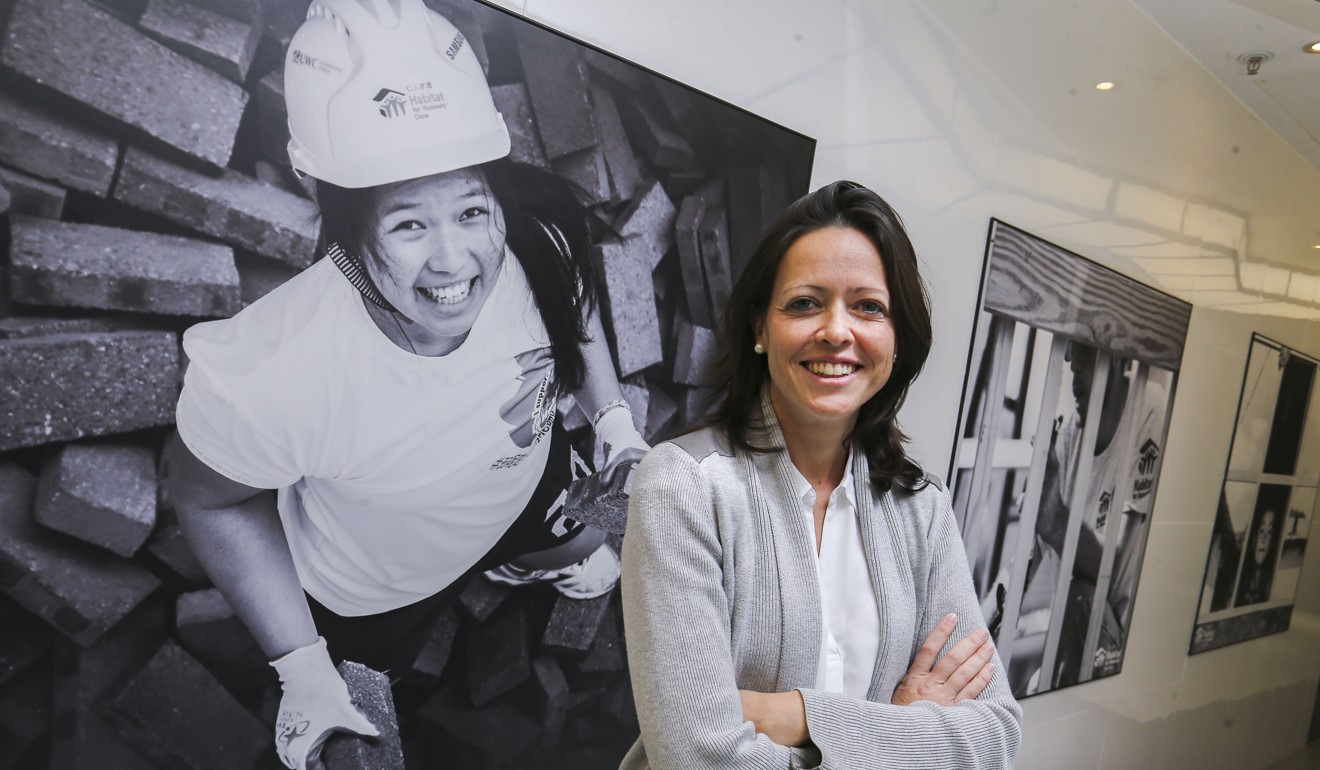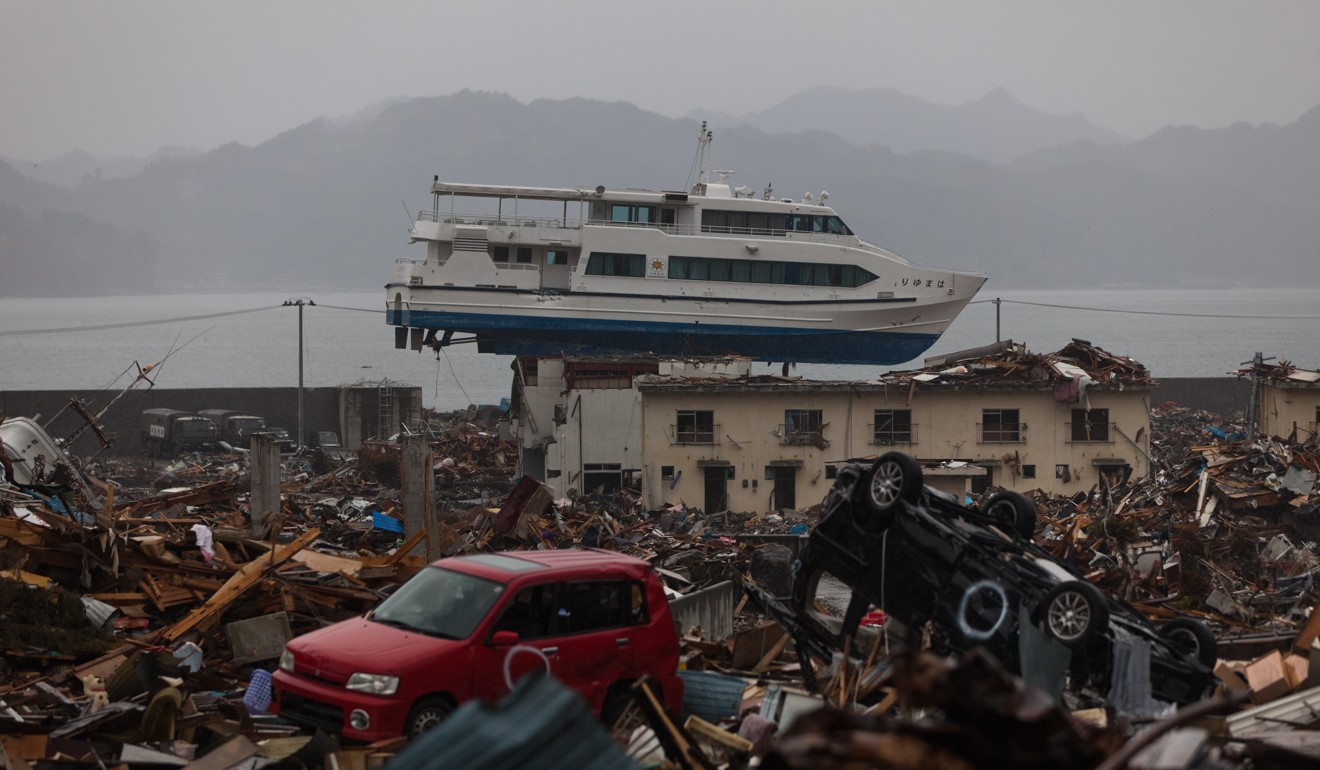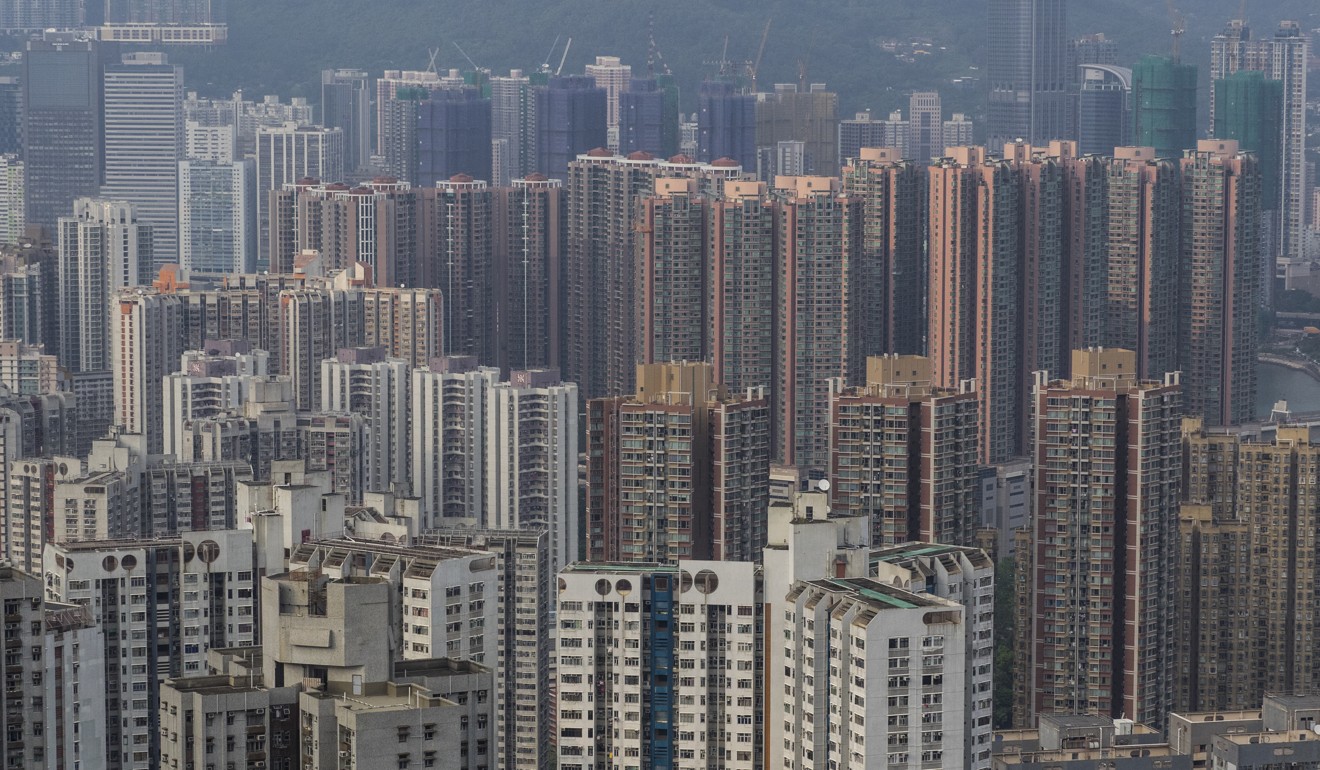
Crisis veteran helps Hong Kong tackle acute housing shortage, one renovated home at a time
Hailing from family of humanitarian workers, British national who worked in Japan and New Zealand after disasters there seeks to help city over long term
Heron Holloway, CEO of the Hong Kong branch of international housing charity Habitat for Humanity, is on a mission to change the way Hongkongers live.

“I’ve never considered doing any other sort of job,” she says. “If you sit around and complain about things, you’re not changing anything, so I like going to work every day knowing I’ve made a difference. That’s what drives me all the time.”
After university, Holloway worked in post-disaster communications for the Red Cross before joining Habitat for Humanity in a media relations role six years ago.
I like going to work every day knowing I’ve made a difference
For her, the charity’s mission to provide a decent place to live for all struck a personal chord. “As a young woman at the time, I associated that with privacy,” she says.
“If you have that, you don’t need to bathe in the river wearing a sarong because you don’t have a bathroom.
“If you need the toilet, then you wouldn’t have to wait until nightfall to go into a field with a male companion in case you get attacked.”
But Holloway has not had an easy ride so far at Habitat for Humanity, given the Asia-Pacific region is a global hotspot for natural disasters.
In her first week on the job, the 2011 Christchurch earthquake struck in New Zealand. It killed 185 people and injured thousands.
New Zealand police say no criminal charges over 2011 Christchurch quake building collapse that killed Chinese students
Weeks later, a magnitude 9.0 earthquake and tsunami devastated parts of Japan’s northeast coast, leaving more than 15,000 dead and giving rise to more than 300,000 refugees in the Tohoku region.
Holloway was part of the first team of volunteers sent to the crisis zone in the city of Ofunato only three weeks after the disaster struck. Many teammates were Japanese who had been on rebuilding trips overseas, and had never attended to the aftermath of a disaster in their own country.
“We were up on a hill on a bus during the journey there, and all you could see was obliterated,” Holloway recalls.
“Slowly, one by one, every single volunteer started crying. Up until that point, it had been teenagers on a bus playing loud music, and suddenly it went silent. It was a very, very emotional trip for them.”

Holloway has taken her experiences of rebuilding houses after natural disasters and applied them in a more local context through the Project Home Works scheme run by Habitat for Humanity Hong Kong.
This initiative sees volunteers renovating flats in public housing estates, whose tenants are often isolated elderly people and low-income families.
“The main thing we’re addressing is flaking paint from ceilings and walls,” she says, citing examples of paint falling into people’s food while they eat. Sometimes the walls may be infested with mould too.
Hong Kong homes to become even more expensive in 2018, deepening the affordability crisis, analysts say
“To each of them, it makes a huge difference. If these senior citizens are in a safer living environment, we can keep them out of hospital. We’re allowing them to have the dignity of living out their final days in their own home.”
In response to Hong Kong’s housing crisis, Holloway stresses the need for longer-term concrete solutions and believes a great deal of unused land could be repurposed.
“There’s been a lot of really good ideas put forward by lots of different groups – the government, non-profit organisations, the private sector,” she says.

“For example, the idea of making subdivided flats legal and improving them. I think it’s a great idea but it’s a short-term, transitional solution. At the moment, we can’t give people that kind of long-term assurance.”
Ultimately, Holloway envisions a city in which waiting lists are shorter and public housing can be allocated to those most in need.
Watch: Why is Hong Kong housing so expensive?
But she warns that young Hongkongers may need to adjust their expectations and accept that home ownership might not need to be their end goal.
“It’s very hard in Hong Kong. A generation ago, a lot of people made money off the back of real estate,” she says. “The newer generation of wealthy people have made money in other ways.”

